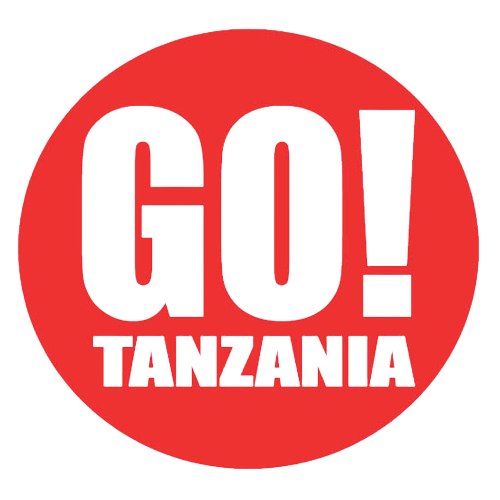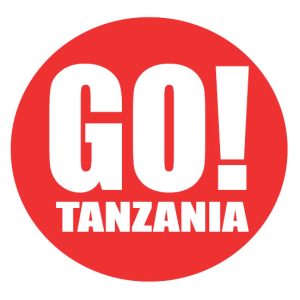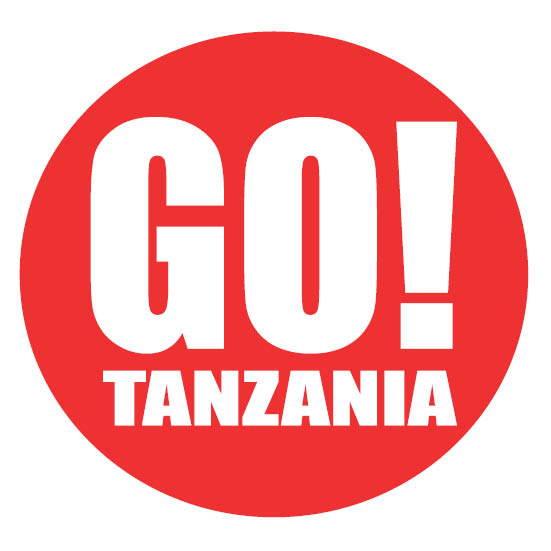
By Kim Heller
The Good, The Bad and The Ugly is a notorious Western thriller. Produced in 1966, and set during the American Civil War, the biopic is a riveting blockbuster.
The movie centres around three cowboys who compete against each other in a wild hunt for two hundred thousand dollars of gold. One of the classic lines from the good cowboy in the movie, “Blondie”, played by Clint Eastwood, is “Every gun makes its own tune”. The movie ends in a rage of gunfire.
The gung-ho violence and victimisation of by Zimbabwean security forces, ahead of the upcoming Southern African Development Community (SADC) Summit, to be held in Harare on August 17 and 18, has triggered concerns about this important gathering.
Over the last few weeks, Harare has been pockmarked by ugly skirmishes and at times has resembled a bad movie scene with ugly images of brutal attacks on opponents and citizens. Arrests of political opposition leaders, students and a religious leader is the worst form of public relations in the lead up to the regional Summit. Disturbing graphic images of the torture of trade unionist, Robson Chere were widely distributed and condemned.
The government party, Zanu-PF look like the bad guys, although they claim protests are being sponsored by foreign agents. The fear of protests marring the upcoming Summit has switched up Zanu-PF aggression. It is estimated that over 70 activists have been detained, and some tortured. Such vile actions are in direct violation of the founding treaty of SADC which binds its member states to honour and act in accordance with “human rights, democracy and the rule of law”.
Visuals of badly tortured activists has done little good for the already bruised standing of its President, Emmerson Mnangagwa. Amnesty International called on the authorities to “respect the freedom of assembly and association”.
Writer and social activist, Tendai Ruben Mbofana wrote a scathing piece in The Zimbabwean last week. He asks why President Mnangagwa felt the need to brutally crackdown on any perceived opponents and voices of dissent. “What has excited President Emmerson Dambudzo Mnangagwa to act in such a paranoiac and hysterical manner in the face of visiting regional leaders?” Mbofana writes, “What is he so terrified of?
Mbofana notes that Zimbabwe has previously hosted several SADC Summits and how he does not recall any “wholesale arrests, abductions, torture and jailing of opposition activists and other perceived opponents as a prelude to hosting SADC” under former President Robert Mugabe.
The writer concludes that Mnangagwa could be panicking about his own standing in his party, amidst Zanu-PF’s internal power struggles, as well as his own ability to host a successful summit. He asks, “Is this simply a man who does not have confidence in his own abilities, and who knows that the nation does not genuinely support him – and so, is spooked by nearly everything?”
The bursts of heavy-handed state repression ahead of the summit, have disfigured the rather lavish facelift for the Summit. It is estimated that over $200m has been spent on infrastructure and preparations for the upcoming Summit. The human rights abuses witnessed over the past few weeks have cast an ominous shadow over the Summit, which is expected to be attended by fifteen of the sixteen leaders in the SADC bloc.
The SADC Summit is expected to firm up key policies and programmes on critical issues facing the region. There will be a concerted focus on how to refashion the region economically in order to positively shape the fortunes of SADC countries.
The theme of the Summit is “Promoting Innovation to unlock opportunities for sustained economic growth and development towards an Industrialised SADC”. Both innovation and industrialisation are good antidotes to stagnant and struggling economies in the region and provide a solid formula for future growth.
In his opening address at last week’s SADC Industrialisation Week in Harare, President Mnangagwa spoke of the need for SADC countries to adopt a “deliberate, systematic and surgically focussed” approach so that they could “graduate from being factor-driven to investment-driven and ultimately knowledge-based economies”.
The President said that modernisation and industrialisation of economies is “no longer a luxury but a matter of necessity for the future we all want and deserve”. This, Mnangagwa stated would require stronger investments in in technology, innovation, research and development.
He called for a synchronisation of development strategies in the pursuit of industrial transformation. This will no doubt form part of the discourse at the upcoming SADC Summit. There is much that SADC can learn from the East Africa Community (EAC) in terms of regional integration and connectivity.
With its visa-free entry for member states, the EAC has actively purposed economic freedom and co-operation, and appear to be a step ahead of SADC.
While industrialisation will take pride of place within the agenda for the upcoming SADC Summit, there will also be a strong and necessary focus on mutual co-operation on regional defence and security.
This is crucial given that the sound of guns across the region and Continent continue to be loud and deadly. Despite so many efforts at peace-making, there is no tune of harmony, or peace.
SADC peace-making efforts and security support in the DRC appear to have been largely inadequate and ineffective. A frank review of this should be placed high on the agenda, and a revised strategy tabled.
The Summit is also expected to address issues of food security and climate challenges, which have led to deadly drought and floods, across the region.
Zimbabwean President, Emmerson Mnangagwa is the new chairperson of SADC. He takes over the reins from Angolan President, João Lourenço. Mnangagwa has stressed the need for SADC leaders to “motivate, inspire and share experiences … towards the prosperity and improved quality of life of the people of the region”.
Mnangagwa is confident that the Summit will be a success. This week the Chronicle reported how the President described the SADC flag, hoisted alongside Zimbabwe’s national flag and those of sister republics, as “a symbol of the common history and shared future we have as a united and indivisible SADC region”.
But behind the lyrical words of unity lie some very pressing questions that are unlikely to be raised. Tendai Biti, the former Finance Minister of Zimbabwe has spoken out against how Mnangagwa has not only violated human rights but violated the country’s constitution.
He says it is unlikely that SADC leaders will address “the embarrassment Mnangagwa has brought to the region, despite worldwide condemnation”. It is unlikely that the serial disregard for human rights, the rule of law, and SADC’s very own code of ethics and conduct by the President of Zimbabwe will be anywhere on the agenda for the Summit. After all, SADC has just crowned Mnangagwa as its new chairperson.
This despite the regional body’s electoral commission declaring the 2023 Zimbabwean elections as fraudulent. His appointment sets a terrible precedent as other member nations head into elections this year.
Well known journalist, Peter Ndoro recently wrote, “What level of Human Rights abuses need to take place in a country before SADC and the African Union take action? If a government abuses its own citizens, who can they turn to for protection. Should African states allow abusive states to sit among them uncensured?”
SADC, like Ecowas, could be facing a legitimacy crisis unless it deals with human rights and constitutional transgressions and poor governance of their member states.
If it fails to call out member states, when necessary, it risks ruining its legacy as a body which once admirably served the African agenda.
If it is not vigilant, and fails to call out the bad guys, SADC will go from good guy to bad guy. Like in the movie, it may all end badly.
* Kim Heller is a political analyst and author of ‘No White Lies: Black Politics and White Power in South Africa’. This article was written exclusively for The African. ** The views expressed in this article are those of the writer and do not necessarily reflect the views of The African.
Source: theafrican.co.za



